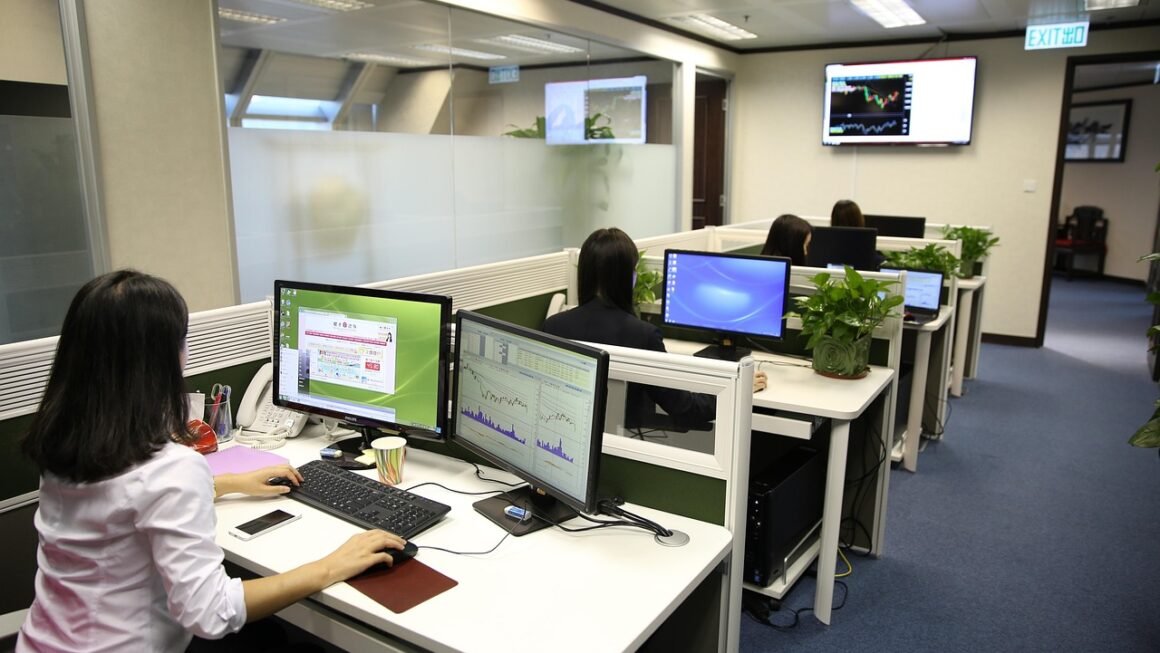Sustainability is no longer a buzzword; it’s a fundamental imperative for individuals, businesses, and governments worldwide. From mitigating climate change to ensuring resource availability for future generations, embracing sustainable practices is crucial for a thriving planet. This comprehensive guide explores the core principles of sustainability, its multifaceted benefits, and practical steps you can take to integrate sustainability into your daily life and business operations.
Understanding Sustainability
Sustainability, at its core, is about meeting the needs of the present without compromising the ability of future generations to meet their own needs. It encompasses three key pillars: environmental, social, and economic. A truly sustainable approach considers all three aspects in a balanced and interconnected manner.
The Three Pillars of Sustainability
- Environmental Sustainability: Focuses on protecting natural resources, reducing pollution, and mitigating climate change. This includes efforts like conserving water, reducing waste, protecting biodiversity, and transitioning to renewable energy sources.
- Social Sustainability: Emphasizes equitable access to resources and opportunities, promoting social justice, and fostering strong communities. This involves addressing issues such as poverty, inequality, education, and healthcare.
- Economic Sustainability: Aims to create a stable and thriving economy that operates within environmental limits and promotes social well-being. This includes fostering innovation, creating green jobs, and ensuring responsible resource management.
Why Sustainability Matters
Ignoring sustainability comes at a high cost. Environmental degradation can lead to resource scarcity, extreme weather events, and loss of biodiversity. Social inequality can fuel conflict and instability. Unsustainable economic practices can deplete resources and create long-term economic instability. Embrace sustainability for:
- Environmental Protection: Safeguarding our planet for future generations.
- Resource Security: Ensuring access to essential resources like water, energy, and raw materials.
- Economic Growth: Creating new opportunities and a resilient economy.
- Social Equity: Promoting fair access to resources and opportunities for all.
- Improved Health: Reducing pollution and creating healthier living environments.
Implementing Sustainable Practices at Home
Sustainability starts at home. Simple changes in your daily routine can significantly reduce your environmental impact and contribute to a more sustainable lifestyle.
Reducing Your Carbon Footprint
- Conserve Energy: Switch to energy-efficient appliances, use LED lighting, and unplug electronics when not in use. Consider installing solar panels.
- Reduce, Reuse, Recycle: Minimize waste by buying products with minimal packaging, reusing items whenever possible, and recycling properly.
- Choose Sustainable Transportation: Walk, bike, or use public transportation whenever possible. If you need a car, consider an electric or hybrid vehicle.
- Eat Sustainably: Reduce your meat consumption, buy locally sourced and organic food, and reduce food waste. A recent study by the Food and Agriculture Organization (FAO) estimates that roughly one-third of the food produced globally for human consumption is lost or wasted.
- Water Conservation: Fix leaks, install low-flow showerheads and toilets, and water your lawn efficiently.
Making Eco-Friendly Choices
- Sustainable Products: Opt for products made from recycled materials, organic cotton clothing, and eco-friendly cleaning supplies.
- Green Cleaning: Use natural cleaning products like vinegar, baking soda, and lemon juice.
- DIY Projects: Upcycle old items into new creations instead of throwing them away.
Sustainability in Business
Businesses have a critical role to play in creating a sustainable future. Integrating sustainable practices into business operations can not only reduce environmental impact but also improve efficiency, enhance brand reputation, and attract customers.
Environmental Management Systems (EMS)
An EMS is a framework that helps organizations manage their environmental impact, comply with environmental regulations, and improve their environmental performance.
- ISO 14001: An internationally recognized standard for environmental management systems.
- Benefits of EMS: Reduced waste, improved resource efficiency, reduced risk of environmental incidents, and enhanced stakeholder engagement.
Sustainable Supply Chain Management
- Supplier Selection: Choose suppliers who adhere to sustainable practices, such as reducing emissions, conserving water, and providing fair labor conditions.
- Transparency and Traceability: Track the environmental and social impacts of your supply chain to identify areas for improvement.
- Circular Economy: Design products for durability, reuse, and recyclability to minimize waste.
Green Marketing and Branding
- Communicate Your Efforts: Share your sustainability initiatives with your customers and stakeholders through marketing materials, websites, and social media.
- Transparency and Authenticity: Be honest and transparent about your sustainability efforts. Avoid greenwashing (making false or misleading claims about the environmental benefits of your products or services).
- Highlight Sustainable Features: Emphasize the environmental and social benefits of your products or services, such as energy efficiency, recycled content, or fair trade practices.
Sustainable Investing
Sustainable investing, also known as socially responsible investing (SRI) or environmental, social, and governance (ESG) investing, involves considering environmental, social, and governance factors alongside financial returns when making investment decisions.
ESG Criteria
- Environmental: Climate change, resource depletion, pollution, waste management.
- Social: Labor standards, human rights, community relations, product safety.
- Governance: Board diversity, executive compensation, corporate ethics, shareholder rights.
Types of Sustainable Investments
- ESG Funds: Mutual funds and exchange-traded funds (ETFs) that focus on companies with strong ESG performance.
- Impact Investing: Investments made with the intention of generating positive social and environmental impact alongside financial returns.
- Green Bonds: Bonds issued to finance environmentally friendly projects.
Government Policies and Regulations
Government policies and regulations play a vital role in promoting sustainability by setting standards, providing incentives, and penalizing unsustainable practices.
Carbon Pricing
- Carbon Tax: A tax on the carbon content of fossil fuels, designed to incentivize businesses and individuals to reduce their carbon emissions.
- Cap-and-Trade System: A system that sets a limit on the total amount of greenhouse gas emissions that can be released by a group of companies or industries, and allows them to trade emission permits.
Renewable Energy Incentives
- Tax Credits: Tax credits for individuals and businesses that install renewable energy systems, such as solar panels or wind turbines.
- Feed-in Tariffs: Guaranteed payments to individuals and businesses that generate electricity from renewable sources and sell it to the grid.
Environmental Regulations
- Air Quality Standards: Regulations that set limits on the amount of pollutants that can be released into the air.
- Water Quality Standards: Regulations that set limits on the amount of pollutants that can be discharged into water bodies.
- Waste Management Regulations: Regulations that govern the collection, treatment, and disposal of waste.
Conclusion
Sustainability is not just a trend; it is a fundamental shift in how we approach our relationship with the planet and each other. By understanding the principles of sustainability and implementing sustainable practices in our daily lives and business operations, we can create a more resilient, equitable, and prosperous future for all. From reducing your carbon footprint at home to adopting sustainable supply chain management practices in your business, every action counts. Embrace sustainability today, and help build a better tomorrow.



